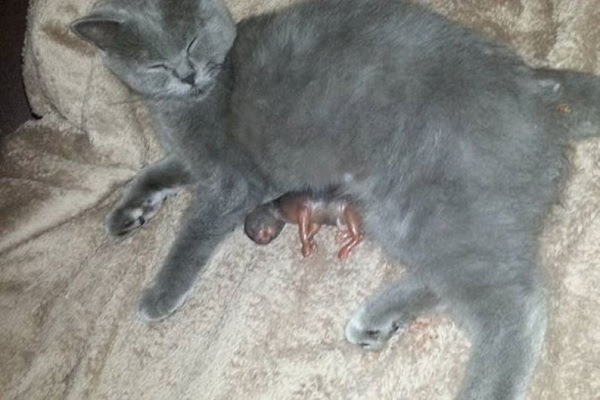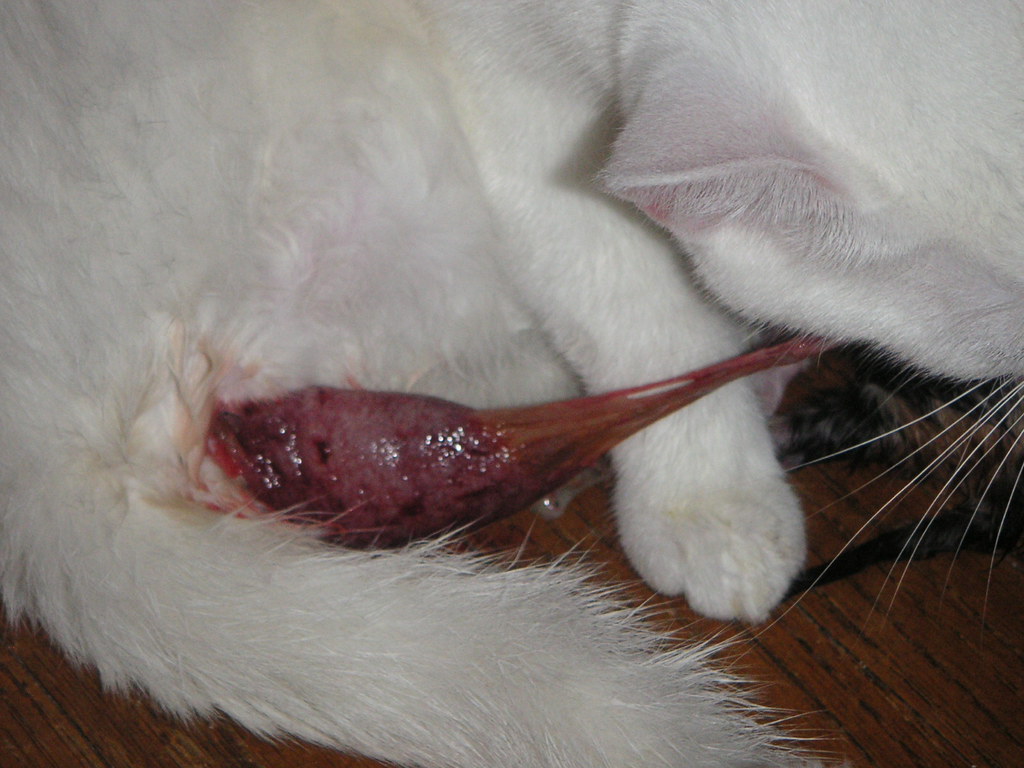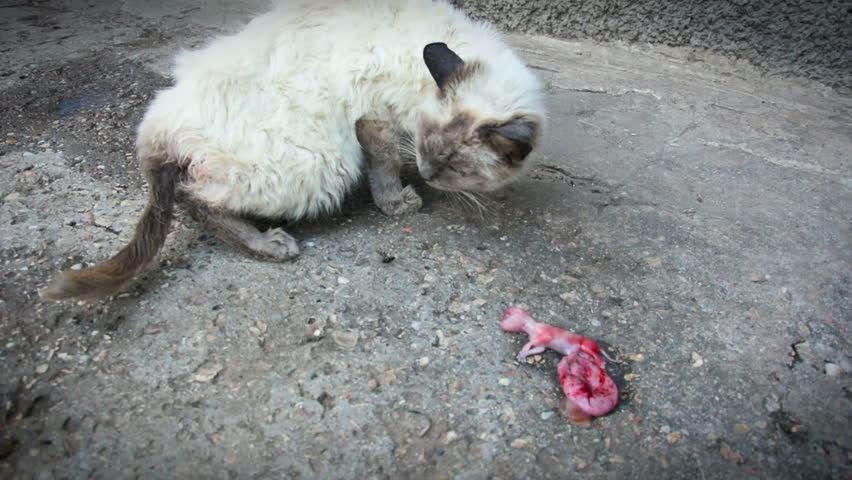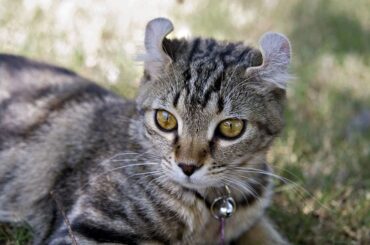Table of Contents
What is Miscarriage in Cat?
As a pet owner, you might not even notice any noticeable symptoms if your cat is pregnant early on, and the babies may be recycled back by your cat’s body. Your cat may miscarry later on and develop mother instincts and behaviors, such as dairying and wailing or roaming in search of kittens; Miscarriage in Cats. Cats are known to have spontaneous miscarriages on a regular basis. This reaction can be affected by a multitude of medical conditions. A miscarriage in a cat occurs when the pregnancy is terminated in an inexplicable or purposeful manner. It can be caused by a number of physiological or genetic effects.

Miscarriage is a disorder that can be caused by a number of factors. Common culprits. include:
- Bacterial infections like Chlamydia
- Infections caused by protozoa
- Injury
- Chemicals that are known to cause labor or miscarriage
- Defects present at birth
- Inbreeding causes genetic problems.
- Deficits in nutrition
- Excessive anxiety
- Hormonal inconsistencies
- Feline leukemia virus
- Feline herpes virus
Signs and Symptoms of Miscarriage in Cat
When a cat experiences a miscarriage; Miscarriage in Cats the most typical symptom that an owner may notice is irregular and prolonged vaginal bleeding. There could also be an unusually large amount of discharge. It’s possible to find an ejected fetus, especially if the cat was in her third trimester. The following are some examples: • Kittens that are stillborn. • Bloody discharge Fever • Dehydration • Depression • Discomfort • Abdominal straining • Fetuses vanishing

Diagnosis of Miscarriage in Cats
A comprehensive physical exam will be used to diagnose a miscarriage in your cat. If your cat has an abortion, if feasible, bring any aborted fetuses to your veterinarian for an examination. The fetuses may reveal significant insights into the causes of the abortion. During the initial appointment, your veterinarian may order ultrasonic or x-ray screening to ensure that no extra pregnancies have been kept. The prevalence of parasites or other health problems in the cat is detected using a normal blood test. An ultrasound can be used by a veterinarian to detect a successful fetus or to check for anything left in the uterus after a miscarriage.
You should offer a detailed history of your cat’s pregnancy during the initial examination. The approximate date of conception and the identity of the sire, if known, may be crucial information for a correct diagnosis. The onset of symptoms and duration of any unusual behavior, such as a lack of appetite or your cat starting to nest, will also be useful. If you have symptoms of a cold or infection, you should get smears from your nose, ears, and mouth to see if you have an upper respiratory infection or anything else. In order to check for parasites, a stool sample may be requested.

Treatment of Miscarriage in Cat
A veterinarian will diagnose the illness and provide a number of medical treatment options for cats that have had a spontaneous abortion due to germs or parasites. Furthermore, the cat should be closely followed for signs of a more serious medical problem. Your cat’s post-miscarriage care will be determined by whether she requires stabilization and the underlying reason for the miscarriage. If there are any retained fetuses, your veterinarian may give your cat medicines that trigger contractions to help clear the residual tissue. In the event of an illness, your veterinarian may give a broad-spectrum antibiotic while the precise bacterium causing the infection is identified.
Throughout many circumstances, your kitty will recuperate well following a miscarriage as long as the underlying illness is treated properly. It will be critical to administering all prescription medications in the correct doses, especially if an infection is present. If your cat appears unhappy or lethargic, or pacing and being aggressive, you may need to seek extra help. It may be necessary to isolate your cat in certain situations.




